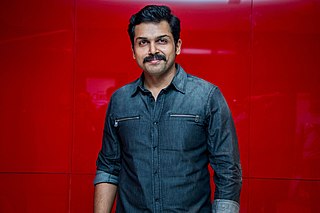A Quote by Donna Karan
My bodysuit is how I start everyday. I wear a bodysuit everyday of my life. It's how I start my yoga practice. It's underneath it all. For me, what goes under the clothes is as important as what goes on top of the clothes. It's a layering aspect, so it's inside.
Related Quotes
I cherish my clothes and I remember what seasons they're from. But someone said to me as I was having trouble with styling a dress that I had bought, and he said to me: "Throw it on the floor." And I was like, "What? It's like a gown." He goes, "Throw it on the floor," and I did, and he's like that's how you need to wear everything. You wear clothes like you throw them on the floor.
There’s a side to me that likes to make clothes for everyday. But I also think of fashion as an escape. It’s like a dream. It shouldn’t always be practical and about real life. Sometimes you have to do a piece that has a bit more of a wow - almost like, "I don’t know who’s going to wear that. It’s almost too much." That’s a lot of what fashion is about. Even in an economy that isn’t strong and where it’s important to sell clothes, you have to make things that let people dream a little, you know?
I was so aware of the stage clothes versus the everyday-life clothes, and the extremeness of the stage clothes that my parents had designed. Even coming across my dad's old Beatles suits from Savile Row and the history attached to them - the masculinity and simplicity compared to the '70s glitz and glamour of Wings.
He who has talent in him must be purer in soul than anyone else. Another will be forgiven much, but to him it will not be forgiven. A man who leaves the house in bright, festive clothes needs only one drop of mud splashed from under a wheel, and people all surround him, point their fingers at him, and talk about his slovenliness, while the same people ignore many spots on other passers-by who are wearing everyday clothes. For on everyday clothes the spots do not show.





































